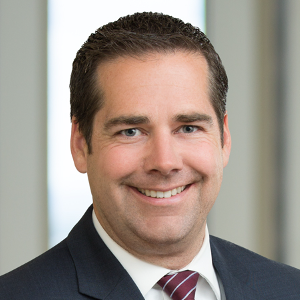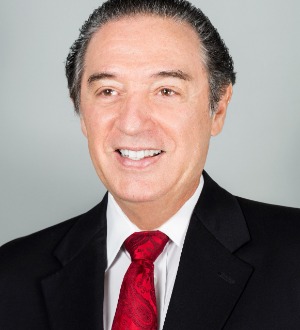I recently consulted with a 92-year-old who had never executed a last will and testament or any other form of estate or long-term care planning. I asked her why she waited so long to see an attorney and she said, “I’ve been very busy the last 91 years.”
While it is true that life often seems to pass by at lightning speed, I still believe that in 91 or so years she could have (and should have!) found an hour or so to consult with an attorney. When I looked across the table at the client’s daughter, she shrugged and said that she had been asking her to do it for at least 20 years.
For many, approaching a parent about whether or not they have done estate and or long-term planning can be an uncomfortable and intimidating task. As a practicing attorney for almost 35 years, I know full well that some parents never discuss their personal finances and planning with their children. It is something they feel is no one’s business. However, I also know that this can often be quite unfortunate for both the parents and the children.
The lack of knowledge about the parent’s finances often becomes problematic especially if a parent is taken ill, rendered incapacitated, or unexpectedly passes away. Under said circumstances, the family is often hampered in its ability to gather the necessary financial information and documents to apply for Medicaid, or take the necessary steps to protect one’s assets from the cost of long-term care. Additionally, when the parent passes away, children are often left scampering to try and piece together information relevant to the decedent’s finances for the requisite estate and tax filings.
Clearly, if a child is unsure as to whether the parent has done any planning, it is best for the child to raise the issue with the parent. The child can directly ask the parent whether or not he or she has done any long-term care planning and, if not, recommend that they consult with an experienced elder law attorney. However, if this approach is not effective, the children may need to resort to a more creative approach.
Conversation Tactics and Strategies
Taking steps to educate one’s parent or parents about the advantages of engaging in long term care planning can be challenging. Here are some strategies to begin the conversation:
Provide them with articles about the cost of long-term care (whether nursing home or home care), the use of a Medicaid Asset Protection Trust (MAPT) to protect assets from said cost, and Medicaid eligibility requirements. It is not unusual for a parent to be poorly informed about the devastating impact that long-term care costs can have on his or her finances if they are unable to become eligible for Medicaid. Articles are available on our website at www.esslawfirm.com.
Inquire with your family and friends about the issues they have faced when a parent and/or grandparent has taken ill or been diagnosed with dementia. This is especially relevant if they have a family member that needs home care or nursing home care. Share these stories with your parent. There is nothing better than real life stories by a member of one’s family or friends to motivate a parent into taking action.
Offer to pay for the parent's initial consultation with the elder law attorney. I have found that in some instances children who are willing to finance the cost of the consultation, and in some cases even pay for the planning can help a parent who is reluctant to spend for a plan is of significant assistance in helping the parent to act. This would, of course, require the consent of the parent.
If the parent still resists any attempt to engage in long term care planning, such as creating and funding a Medicaid trust, gifting of assets, or purchasing long term care insurance (if insurance is an available option), a step that could prove to be very helpful in the event of the parents incapacity is to have the parent execute a durable general power of attorney with broad provisions that allow the agent to engage in Medicaid and long-term care planning for the parents.
Whether a client is 65 or 90 years of age, taking requisite steps to protect their life savings from the cost of long-term care is better than not taking any steps to do so. It is always better to be late than to have never planned at all when it comes to long-term care and estate planning.
Anthony J. Enea, Esq. is the managing member of Enea, Scanlan & Sirignano, LLP with offices in White Plains and Somers, NY. Mr. Enea is chair of the New York State Bar Association’s Senior Lawyers Section. He was named Best Lawyers’ 2019 Trusts and Estates “Lawyer of the Year” in White Plains and Westchester County’s Leading Elder Care Attorney at the Above the Bar Award.





































